Rouhani sets off on historic visit to Iraq in major blow to Trump
Mon 11 Mar 2019, 13:33:28
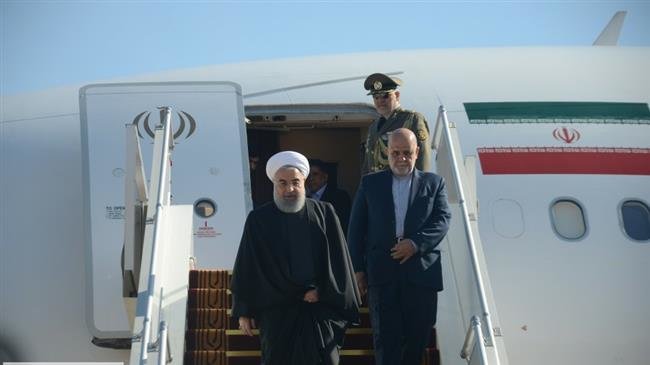
The trip, described as "historic and noble" by Iranian Foreign Minister Mohammad Javad Zarif, has been viewed by experts as Iran's response to US President Donald Trump's snap trip to Iraq in December.
Trump slipped into Iraq on Christmas and spent most of his short visit outlining how he wanted to keep US troops in the Arab country in order to "watch" Iran with which Iraq shares a 1,400-kilometer-long border.
The unannounced visit drew fire from Iraqi officials and regional leaders, including President Rouhani, who said the secret visit - as if to a US state - undermined Baghdad’s sovereignty.
Unlike Trump, who had to land in a military base in the dark of the night with no Iraqi officials on hand to welcome him, Rouhani touched down in Baghdad in broad daylight and was received by high-ranking authorities.
Reacting to Trump's secret visit, Rouhani asserted that flying into Iraq under the cover of darkness meant "defeat" for the US in Iraq and asked the US president why he did not opt for an "open and official visit" instead.
The Iranian president told reporters in Tehran before departure on Monday that ties between Iran and Iraq were nothing like the relations between Baghdad and the “occupying” American forces.
The trip comes on the heels of the Daesh terror group’s defeat in Syria and Iraq, an achievement that is widely believed to have been impossible without Iran’s critical role in providing advisory assistance to both governments.
Iran and Iraq enjoy "strategic" relations that cannot be weakened by any country, Zarif said in Baghdad Sunday, noting that the two countries' youths fought side by side against Daesh.
"We consider this trip a new start in our relations with Iraq,” Zarif said, describing Iran and Iraq as a beating heart of the region. "Without Iran and Iraq, the region won’t be safe and stable,” he added.
Rouhani said last week that without Iran’s support “Baghdad and the Kurdistan region would have definitely fallen and Daesh would have dominated the region."
Many observers have described the trip
as a milestone in Iran-Iraq ties and a humiliating defeat for the US-led campaign to alienate the two neighbors.
as a milestone in Iran-Iraq ties and a humiliating defeat for the US-led campaign to alienate the two neighbors.
What the campaign’s main supporters have seemingly failed to account for in their dealings is the unshakable bond that the Iranian nation has developed with its neighbors, with whom it shares thousands of years of history.
Iraqi President Barham Salih best portrayed Baghdad’s disregard for such attempts, saying on Sunday that Iraq won’t join the American push against Iran even though it knows the stance will harm Baghdad's own interests.
“Iraq insists that the interests of our friendly and neighboring country must be met. We will do our best to reduce tensions in this regard and decrease the damage that will be done to the Iranian nation,” added Salih.
President Rouhani's three-day trip starting on Monday includes meetings with President Salih as well as Prime Minister Adil Abdul-Mahdi.
The Iranian president is slated to meet with Parliament Speaker Mohammed al-Halbusi and a number of prominent lawmakers.
He will also make stops at Shia holy sites and meet top Iraqi Shia cleric Grand Ayatollah Ali al-Sistani who is a major source of influence in the Arab country.
Diplomatic trips between the two countries have been on the rise as of late, signaling a strong resolve to expand the existing ties. Rouhani’s trip comes months after Salih visited Tehran in November.
Rouhani told reporters on Monday morning that the trip was aimed at enhancing security cooperation while also focusing on trade, roads and environment to broaden the close relationship.
Iran is currently Iraq's top trade partner, with an annual turnover of about $13 billion, which they hope to increase to $20 billion.
Some 5 million religious tourists generate nearly $5 billion a year as Iraqis and Iranians visit Shia holy sites in both countries. Foodstuff, livestock, construction material and plastic products constitute the bulk of Iran’s exports to Iraq.
By comparison, annual trade between Saudi Arabia and Iraq stands below $6 billion.
No Comments For This Post, Be first to write a Comment.
Most viewed from International
Most viewed from World
AIMIM News
Latest Urdu News
Most Viewed
May 26, 2020
Which cricket team is your favourite to win the T20 World Cup 2026?
Latest Videos View All
Like Us
Home
About Us
Advertise With Us
All Polls
Epaper Archives
Privacy Policy
Contact Us
Download Etemaad App
© 2026 Etemaad Daily News, All Rights Reserved.

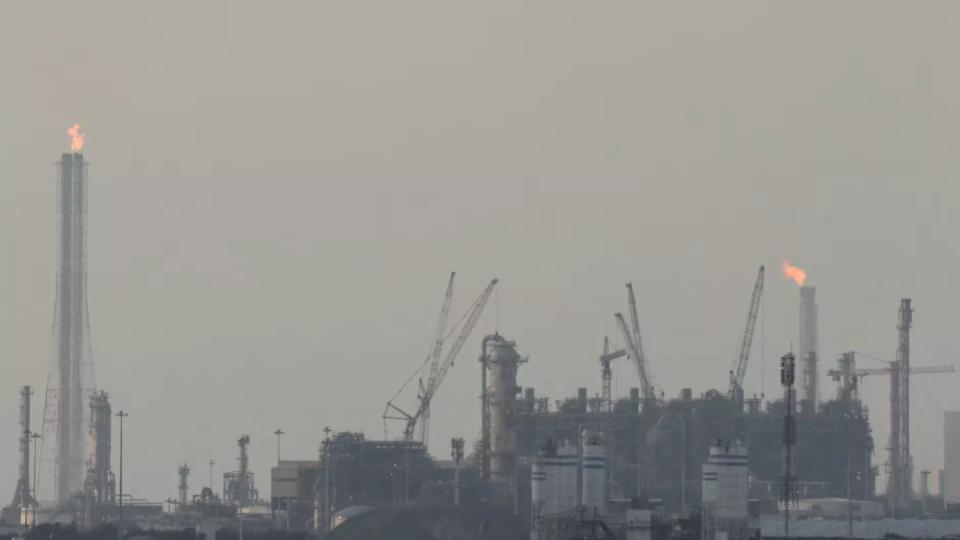
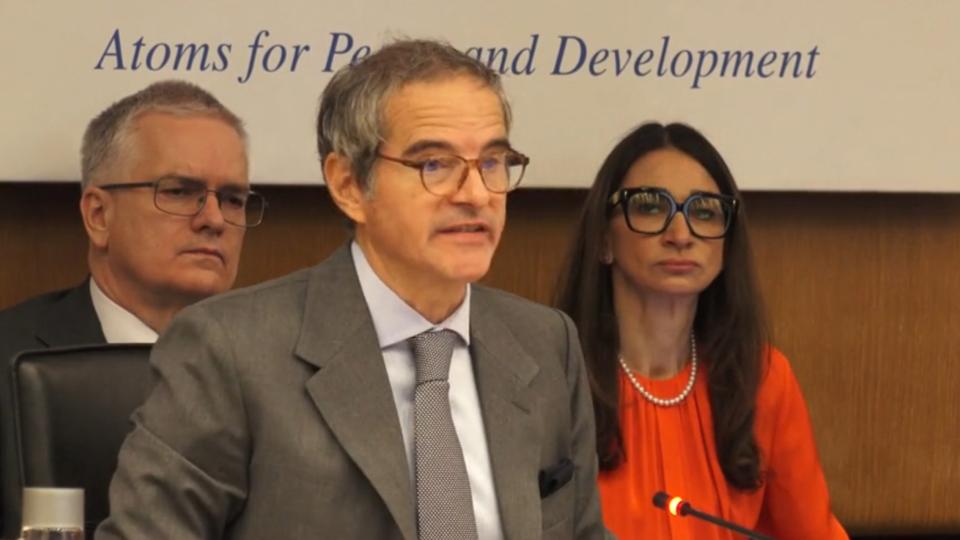
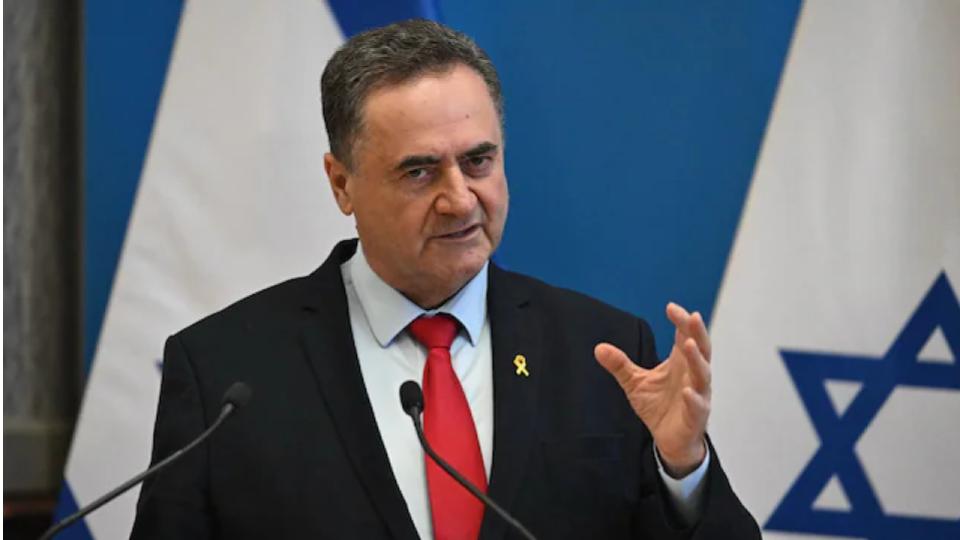
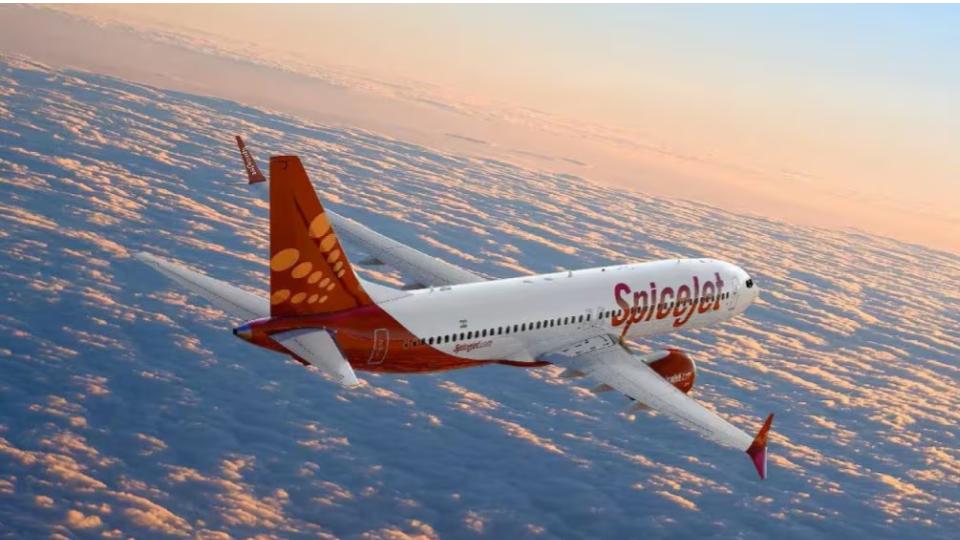
.jpg)
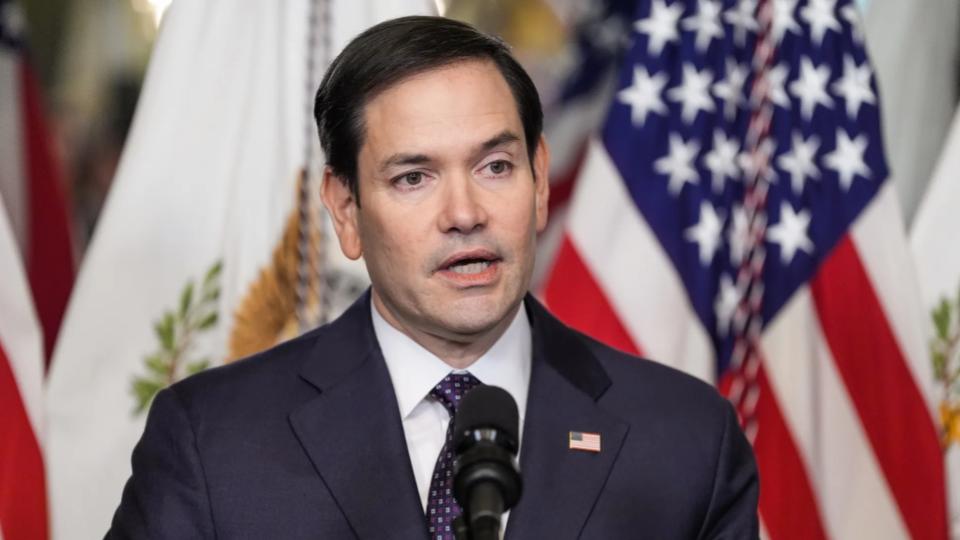
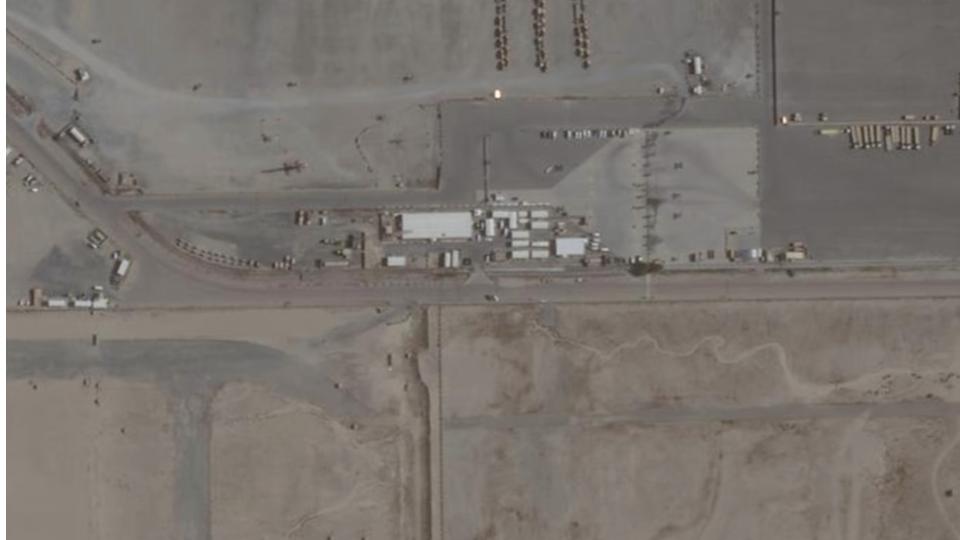

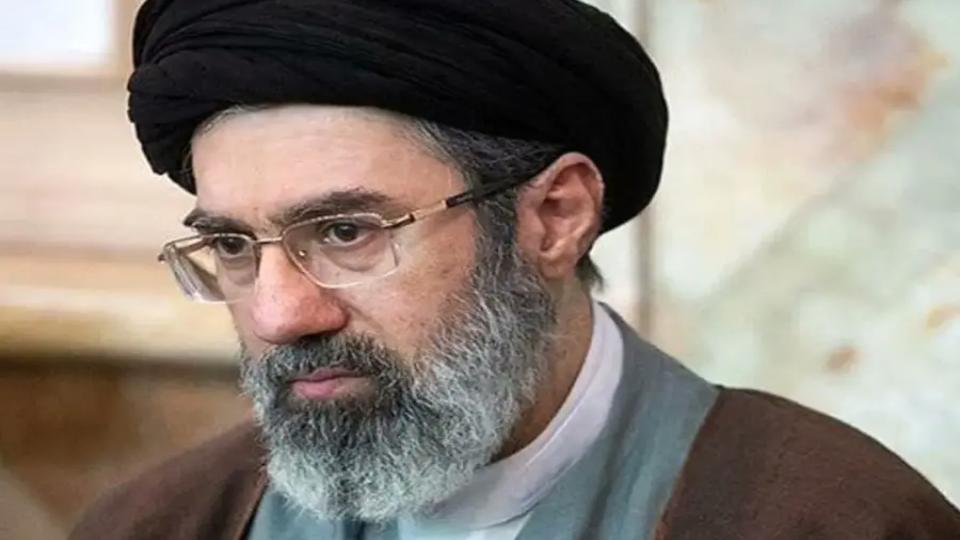
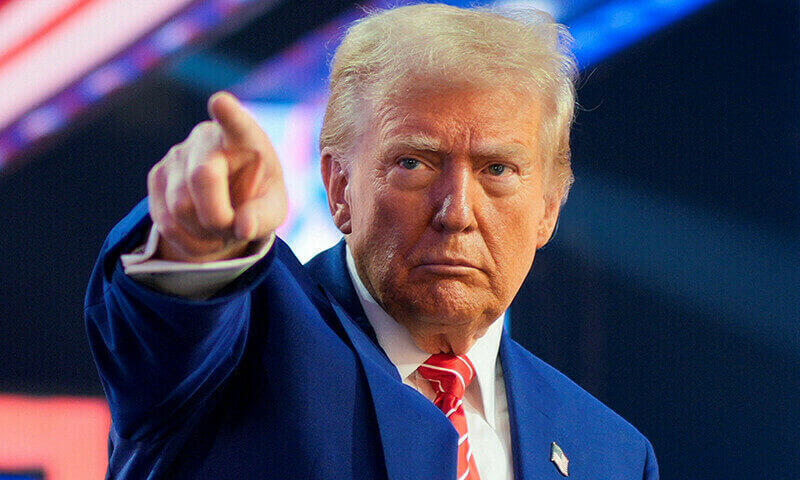
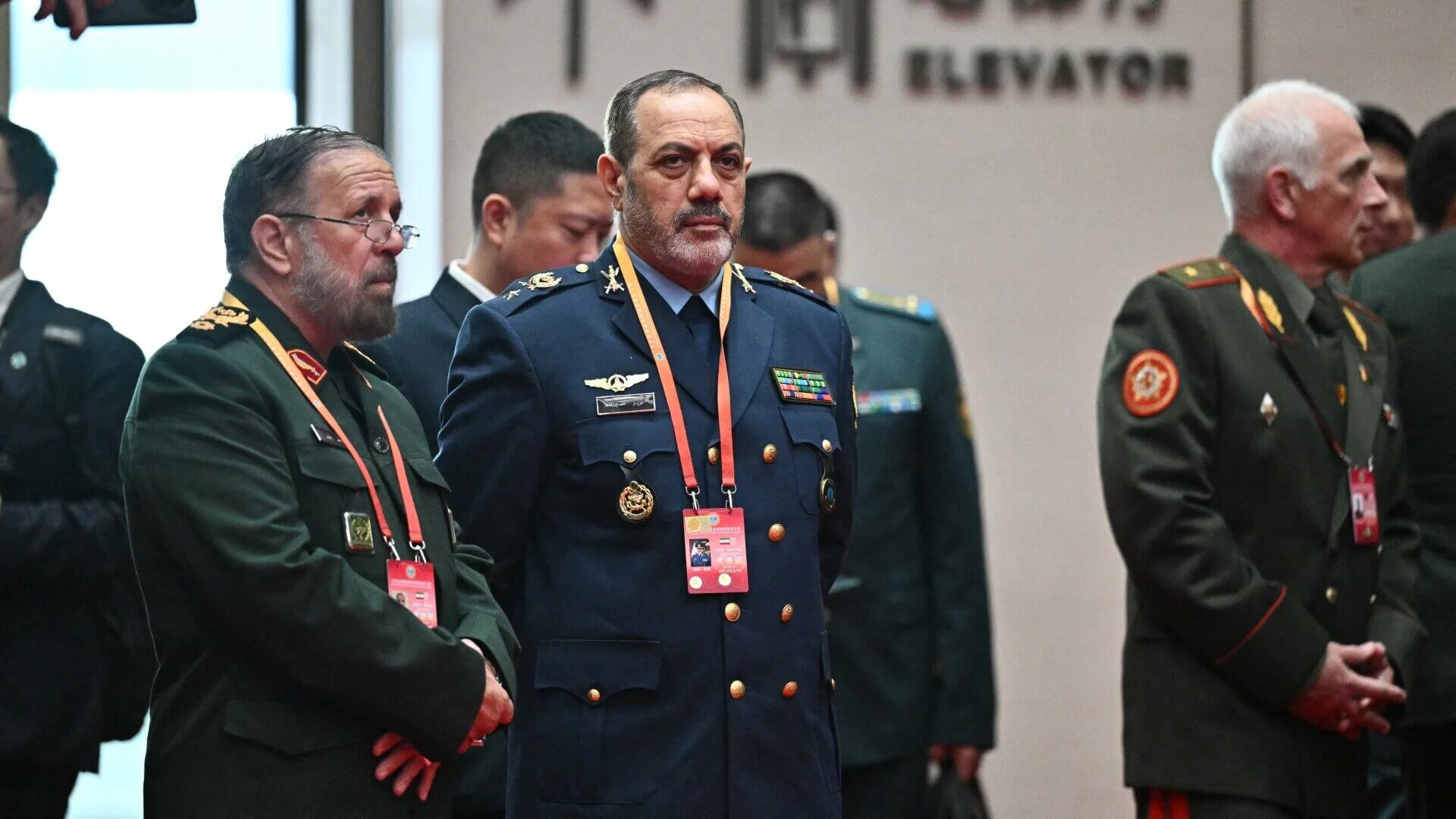
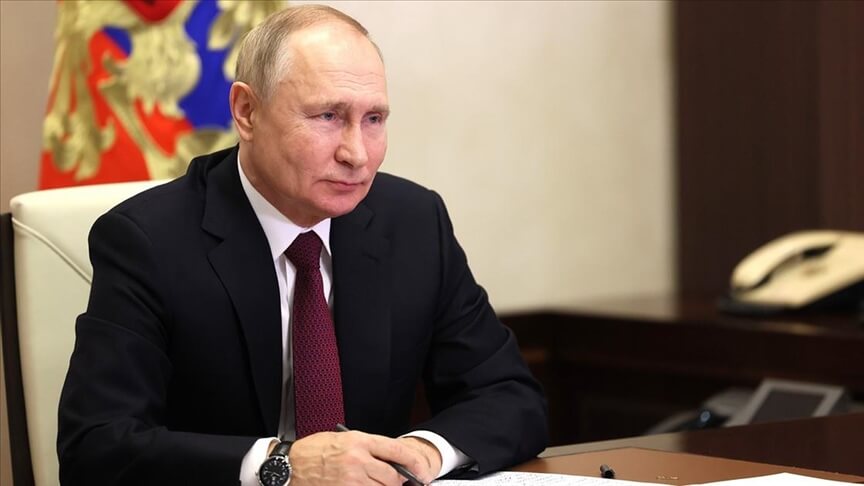
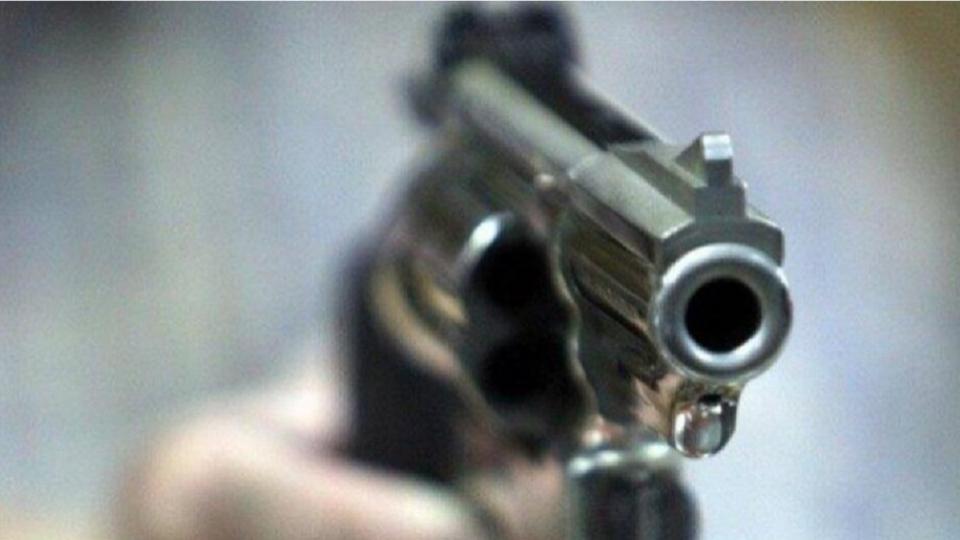
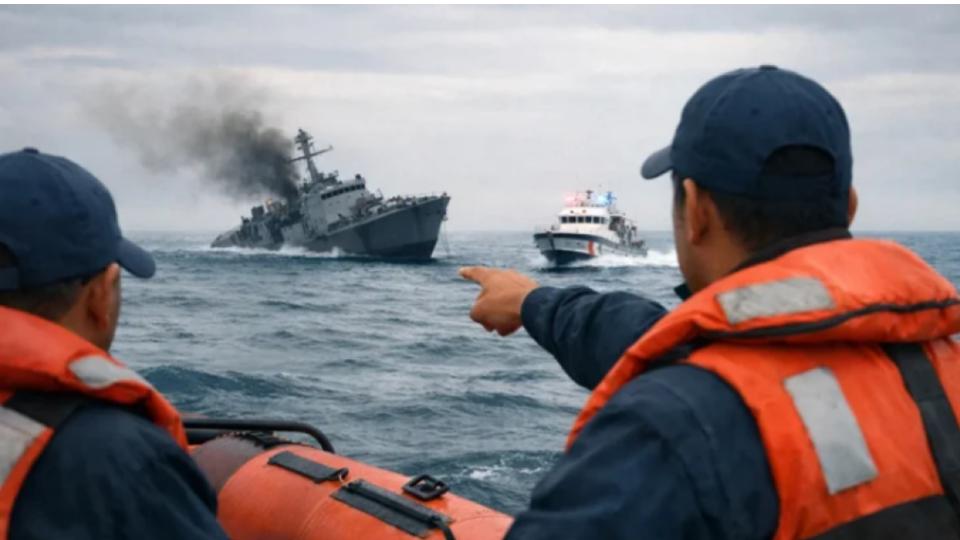
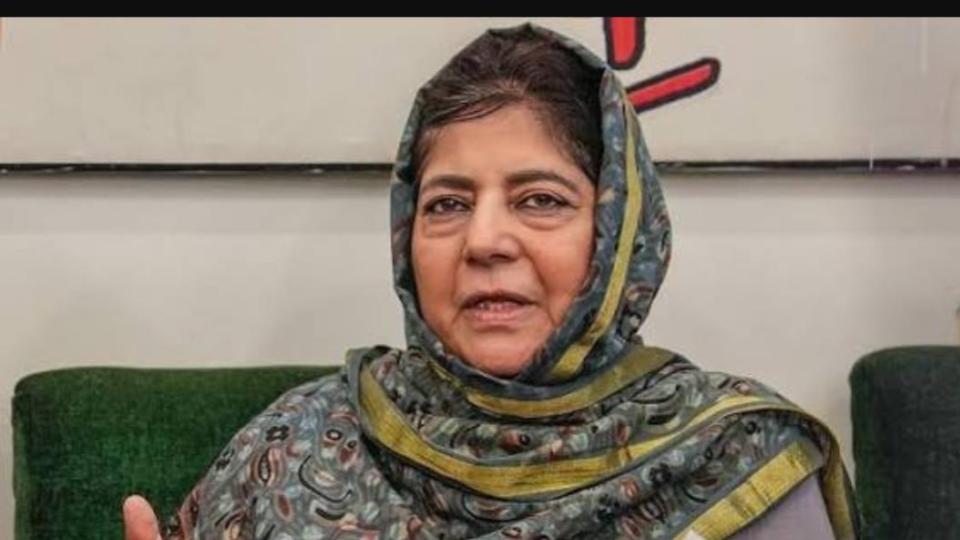
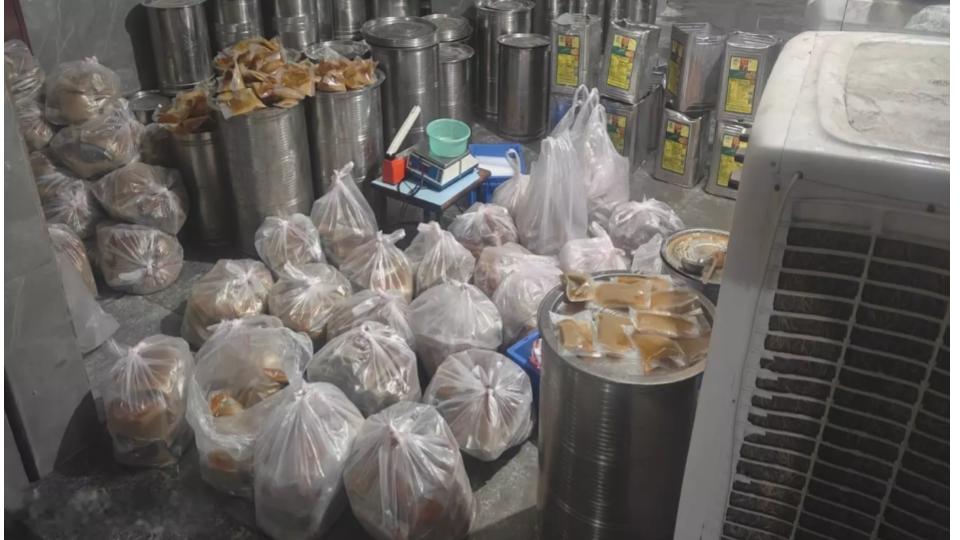

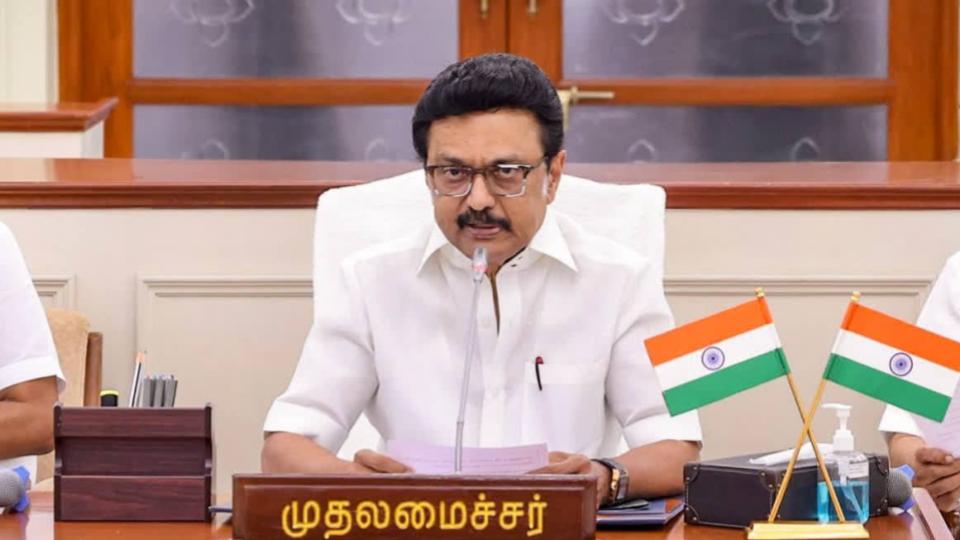
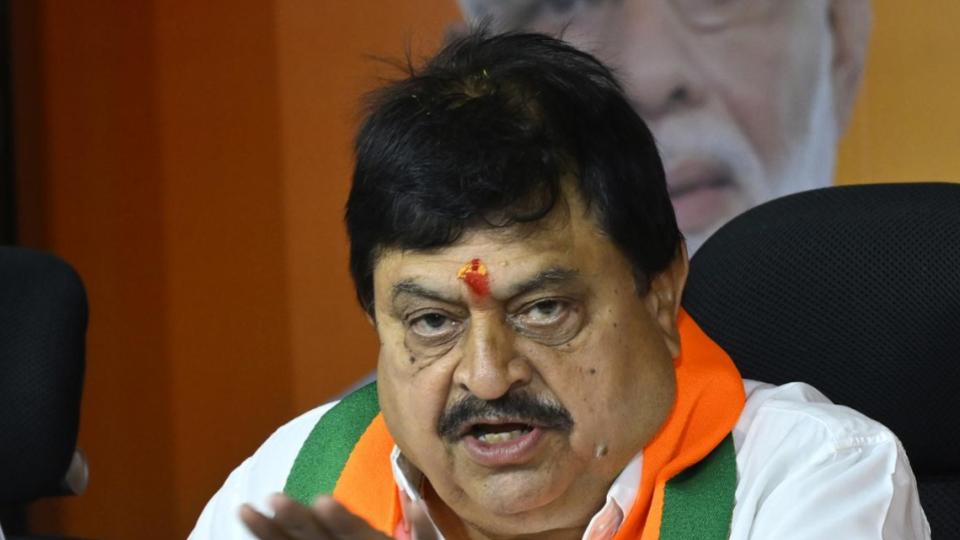
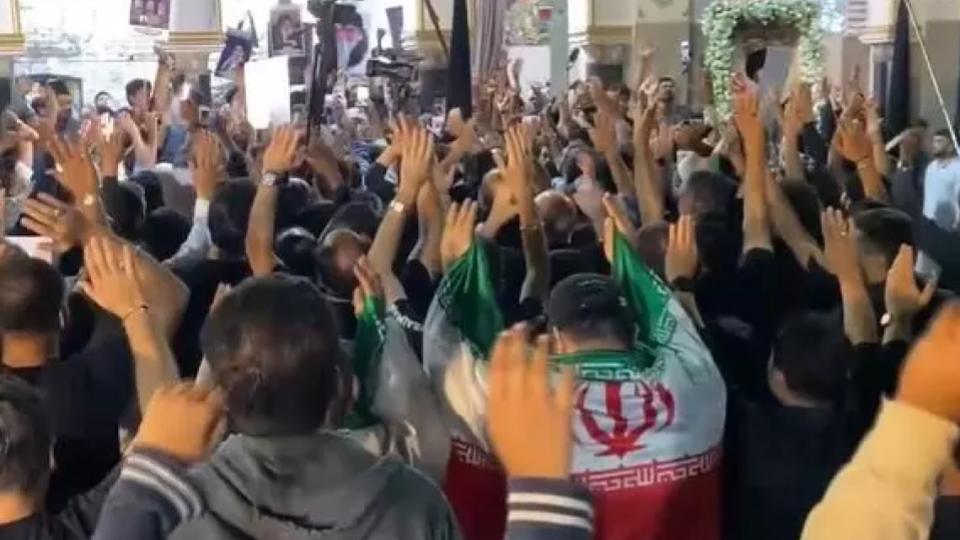

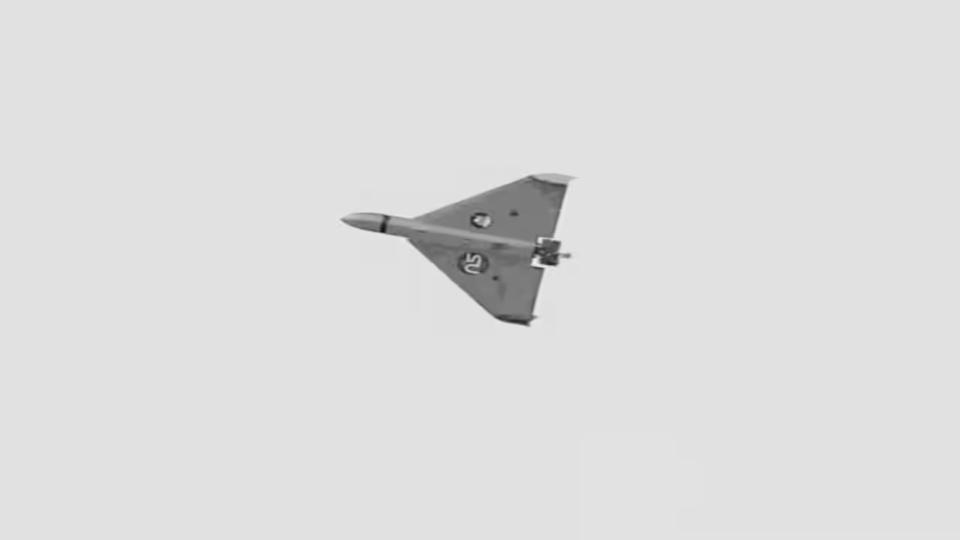


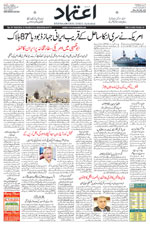


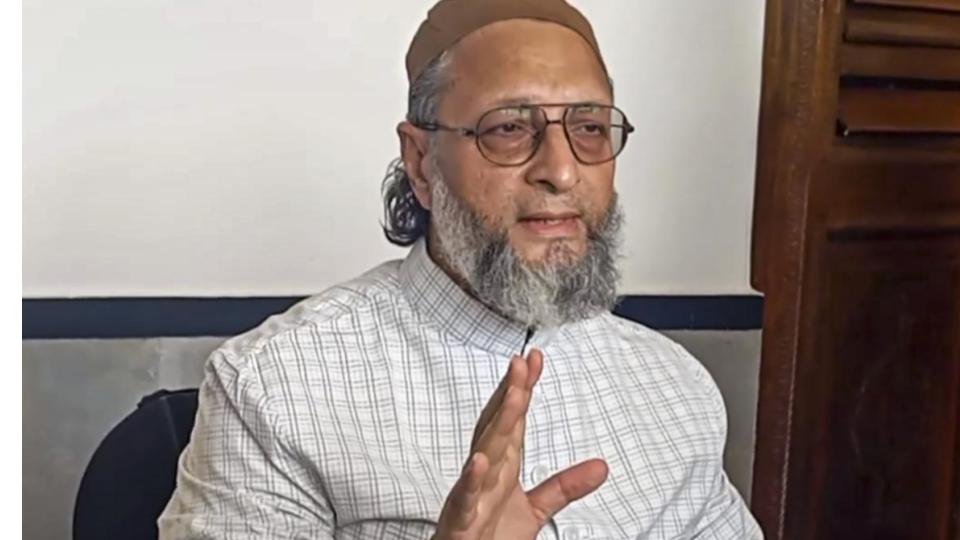
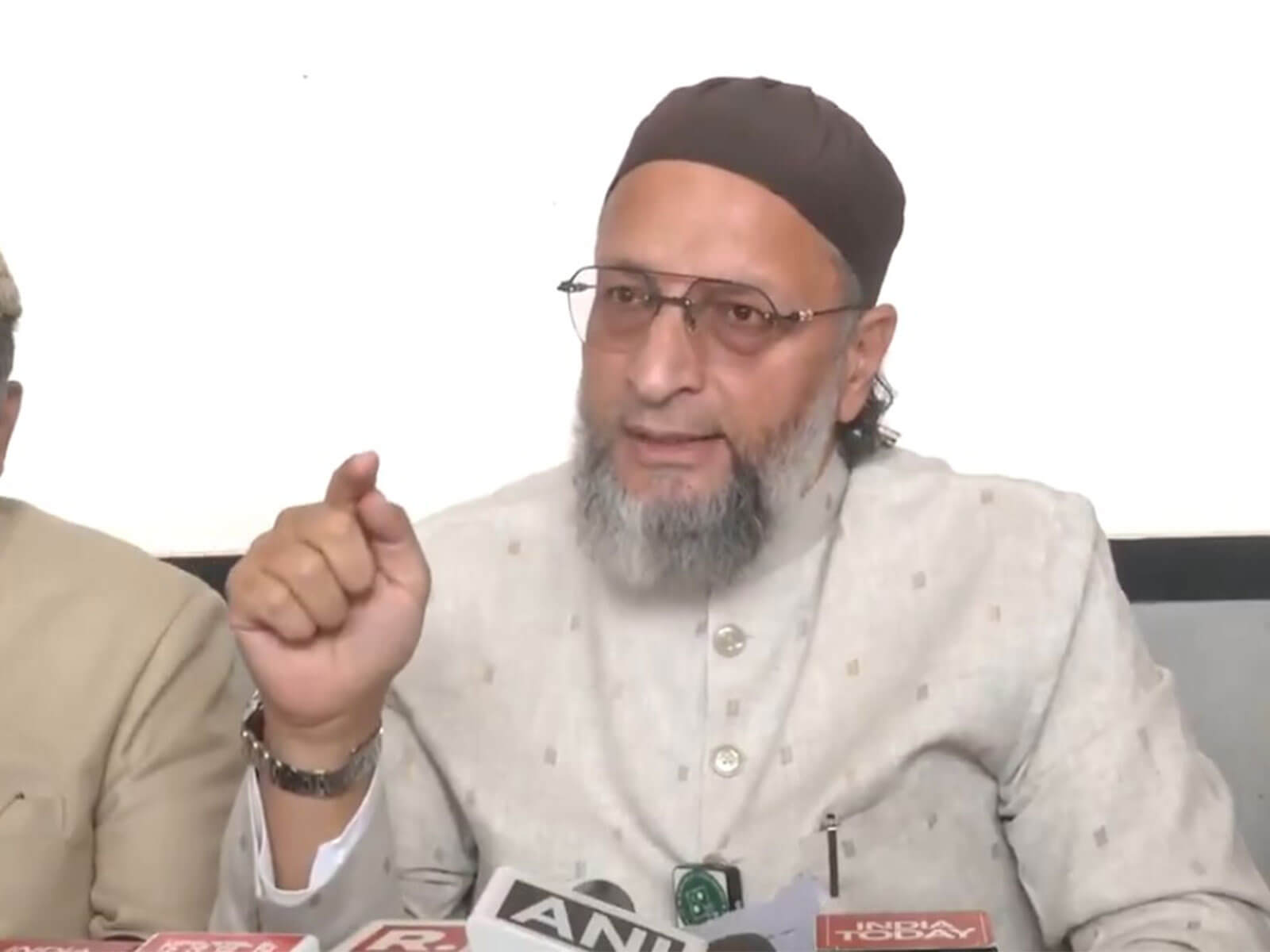






.jpg)
.jpg)
.jpg)


